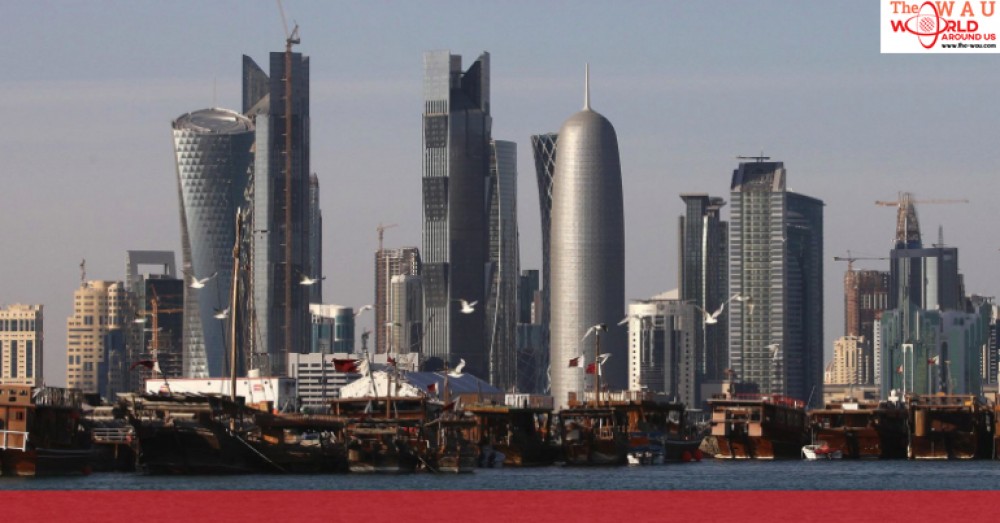It is exactly one year since the Saudi government, supported by the UAE, Egypt and Bahrain, stunned the world by imposing a land, sea and air blockade against the tiny sheikhdom of Qatar. But while the ‘Quartet’s’ true motives may still be unclear, there can be no doubt of one thing: the ongoing blockade has proved largely ineffectual and even counterproductive, and doing so acts as a stark reminder of the likely fate of another embargo – already being imposed by the United States against Iran and now set to become much more draconian.
When it first began, the Qatar blockade looked likely to strangle the kingdom into submission. It wouldn’t be long, the Saudi princes must have calculated, before Doha would surrender to their ‘thirteen demands’, which included shutting down the Al Jazeera TV network, closing a Turkish military base and distancing itself from Tehran and ‘terrorists’. Forced to fly vital materials in and out of their territory, and to take highly circular routes, the Qataris would face huge extra costs to feed their population and keep their economy functioning. And the mere risk of disruption to Qatar’s voluminous exports of liquified natural gas (LNG) would send insurance premiums soaring and frighten foreign buyers who need reliable suppliers.
How differently things have turned out. Although the blockade has hit hard, the supremely wealthy kingdom has proved adept at sanctions-busting. Instead of buckling under pressure, and despite some initial disruption, it has spent vast sums – the IMF reckons $40 billion – on subsidising the extra costs of travel and has continued to ship LNG supplies through the Strait of Hormuz. It has even announced plans to significantly expand its LNG capacity, even though the blockade was supposed to severely curb the import of vital raw materials and foreign expertise.
In general, the blockade has proved counterproductive, not just ineffectual. Far from breaking the morale of the Qatari people, the blockade has brought them together as they rally to resist: private individuals, rather than the government, have borne many of the additional costs it has imposed. Qataris determinedly look for new markets abroad and more efficient ways of reaching them, while striving to attain a new level of self-sufficiency.
Above all, it has strengthened rather than diminished Iran, which may have been the Saudis’ true target. Now highly dependent on Iranian waters and airspace, Qatar cannot afford to alienate the Tehran regime. And in the early days of the blockade the Iranians sent sending huge cargoes of vital foodstuffs to Qatar, alleviating widely-held fears of starvation and thereby portraying themselves, in sharp contrast to the Saudis, as humanitarians.
The Qataris have also won praise for their relative magnanimity: although the Quartet expelled Qatari civilians from their own territories, Doha has not retaliated in kind. Not surprisingly, much of the outside continues to sympathise with the victims rather than the perpetrators: the Saudis, in particular, are widely regarded as bullies whose tactics are, at best, very tenuous under international law. Even their strongest supporter, the United States, has shown signs of impatience.
The fate of the Qatar blockade acts as a reminder of the law of unintended consequences – a law that has particular validity in complexities of the Middle East- and that another blockade by the United States against Iran, is now likely to suffer a similar fate.
...[ Continue to next page ]
Share This Post












